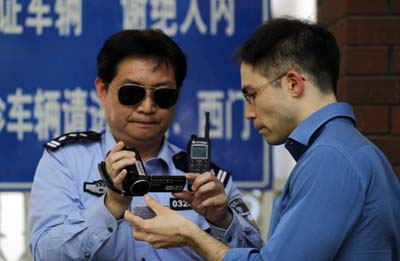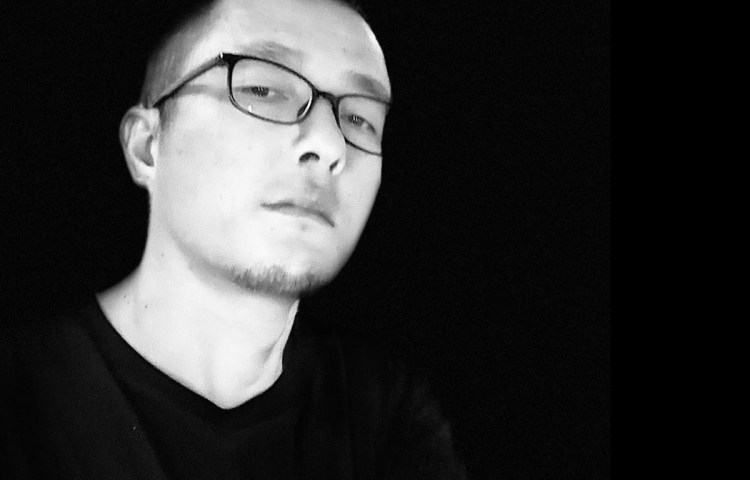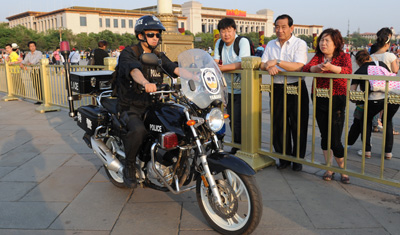
Chen Guangcheng reporting censored, obstructed
New York, May 3, 2012–Chinese security officials’ ongoing obstruction of foreign and domestic journalists covering dissident Chen Guangcheng is a worrying sign for supporters trying to secure his safety, the Committee to Protect Journalists said today. Authorities in Chen’s native Shandong province have kept the blind, self-taught lawyer isolated from the media since September 2010.
China’s media conditions threaten Chen Guangcheng
The battle over blind Chinese activist Chen Guangcheng’s freedom and well-being is a battle over information. Both Chinese and U.S. officials are trying to spin the story their way. A few activists and media claim to speak for Chen, and in China’s anti-press environment they are putting themselves at risk. Direct interviews with the man…
Attacks on the Press in 2012: China
As the leadership handed over power to new Communist Party appointees in a November congress, censors aggressively blocked coverage of dissent, including reports on blind legal activist Chen Guangcheng’s escape from house arrest. Coverage of corruption was tightly controlled in foreign and domestic media. The New York Times and Bloomberg News were censored domestically after…
Blind lawyer spurs news blackout in China
News of blind legal activist Chen Guangcheng has been censored for months. International news reports of his escape last week from incarceration in his home in Linyi, Shandong–apparently to U.S. protection, although his whereabouts remain unclear–has only intensified that censorship. That is unlikely to stop discussion among those familiar with Chen’s case.

Chinese journalist Lu Yuyu describes abuse and mistreatment over 4 years in prison
Covering protests in China is a difficult and dangerous task, as Lu Yuyu, the founder of the blog Not News, knows firsthand. Lu ran the outlet with his partner, Li Tingyu, with the goal of evading censorship and publishing information about protests throughout the country. Not News covered demonstrations against land grabs, wage disputes, pollution,…
Challenged in China
2. Although not explicit, legal threats to journalists persist By Madeline Earp Even as China’s virtual landscape buzzes with criticism of social injustices, government policy, and propaganda directives, independent journalism and expression are still perceived by the Communist Party as explicit political threats. Authorities also exploit vague legal language to prosecute dissenters based on published…
Thorning’s chance to press China for media freedom
Denmark’s Prime Minister Helle Thorning-Schmidt is in China this week to meet with top leaders, according to international news reports. CPJ’s Advocacy and Communications Associate Magnus Ag and Senior Asia Program Researcher Madeline Earp co-wrote an op-ed calling on Thorning–as she is called in the Danish press–to raise the issue of press freedom. An edited…

23 years after Tiananmen, China is still paying
The annual crackdown on commemorations of the June 4 anniversary of the brutal suppression of student-led demonstrations based in Tiananmen Square in 1989 Beijing is under way, according to Agence France-Presse. What’s concerning is the number of writers and activists for whom “crackdown” is the new normal.